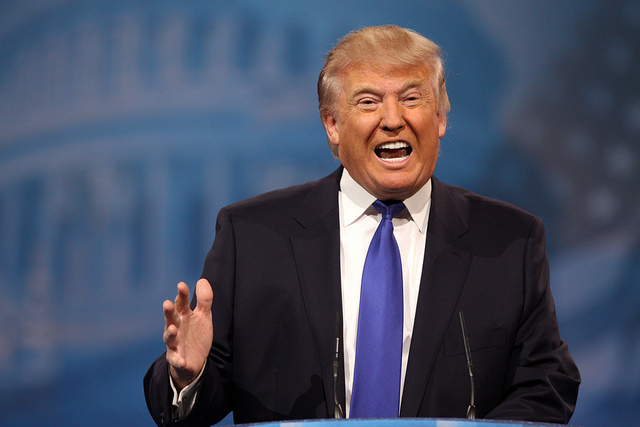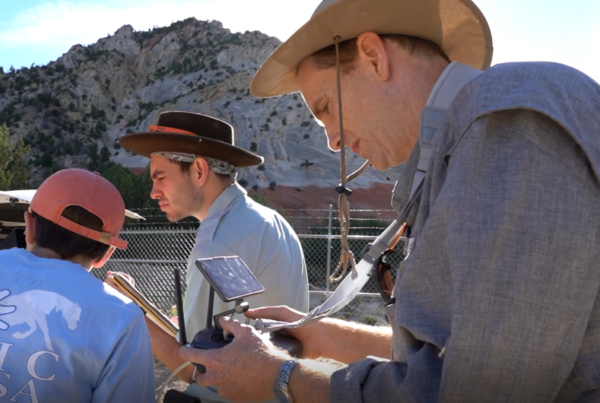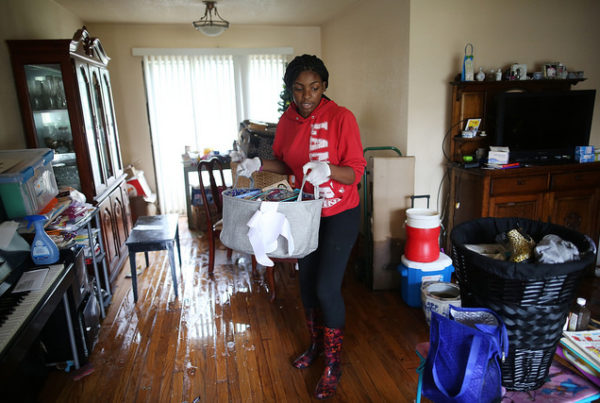Recent BBC reporting shed light on the aftermath of the convictions of two of President Donald Trump’s close former aides, Paul Manafort and Michael Cohen, on Tuesday. The conviction most directly damaging to the White House is Cohen’s guilty plea to charges that he violated campaign-finance laws by paying off two women claiming to have had affairs with Trump before he was president. The payoffs were made at the behest of then-candidate Trump. Cohen’s plea seems to directly implicate his former boss as an attempt to influence the outcome of the 2016 presidential election.
Yet Trump supporters interviewed by the BBC brushed off the convictions, saying Cohen and Manafort are fall guys in a fishing expedition led by Special Counsel Robert Mueller and the FBI. They say Trump’s detractors have been talking impeachment since the day after the election.
With both sides doubling down on their perception of the truth, a closer look at the Constitution might be a way to bridge the two sides and bring clarity to the matter.
Renee Knake, professor of law at the University of Houston Law Center says at this point, the president hasn’t really committed a high crime or misdemeanor — the constitutional language for an impeachable offense since he hasn’t personally been convicted of a crime. But Knake says pinpointing what exactly a high crime or misdemeanor is is complicated.
“There’s no additional law that we can turn to for a specific definition,” she says. “It’s ultimately up to the House of Representatives…to decide to impeach a president.”
Knake says regardless of what Trump is suspected or accused of doing, any real efforts toward impeachment will have to take place in Congress. That’s because impeachment is more a political process than a legal one.
“Whether [an impeachment] breaks down across party lines, well, that’s a question for the politicians to answer and ultimately to the people who elected them,” Knake says.
Written by Caroline Covington.















